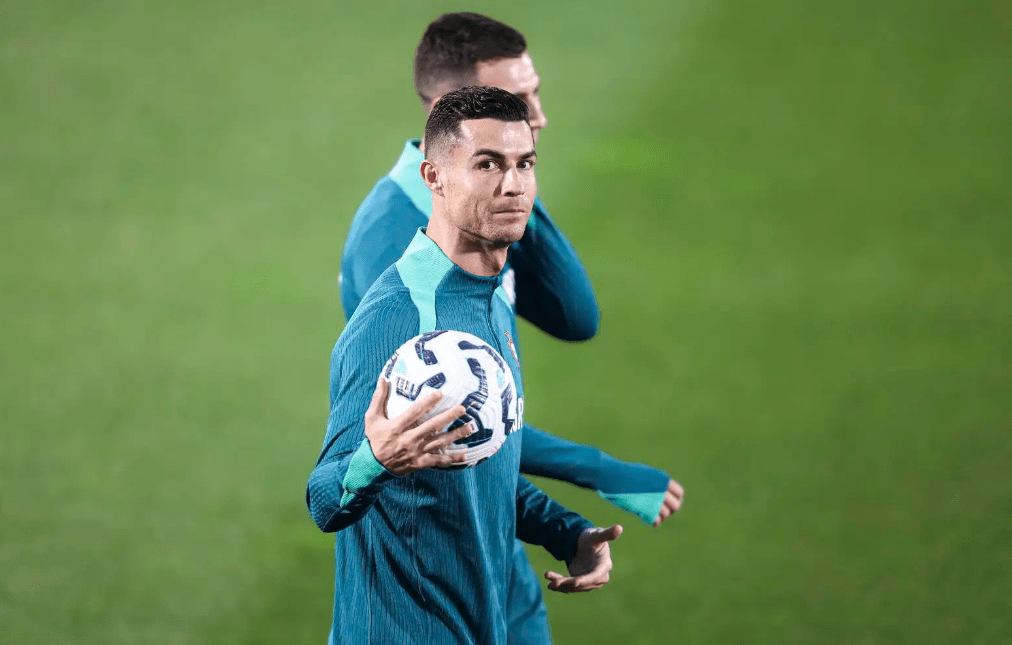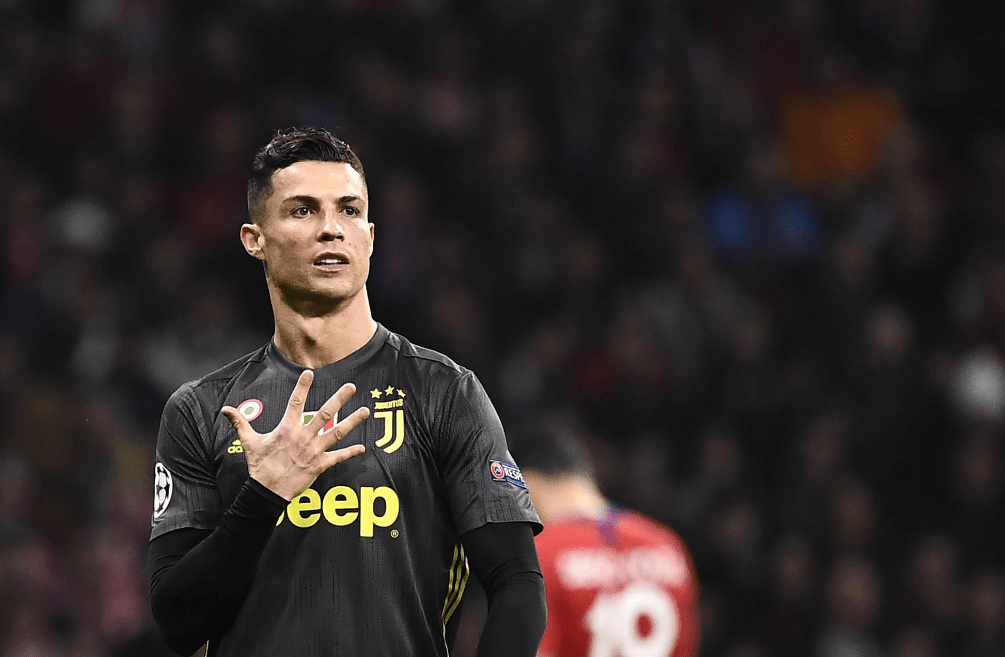Can Chelsea really rely on a nearly 40-year-old Cristiano Ronaldo to escape the crisis? The four-game winless streak has made this Premier League powerhouse struggle, with their fourth-place position in the league table precarious and their Champions League qualification seemingly waving goodbye. At such a critical moment, the management has put forward a plan to sign Ronaldo - is this transaction a "sure-kill move" for a desperate counterattack, or is it shooting oneself in the foot? Let's delve into the ins and outs of this "big gamble."

When we talk about Ronaldo, what comes to mind is not the image of an ordinary player. Five Ballon d'Or awards, countless highlights, and a superstar who has shaken the global football landscape - these are his labels. But at the end of the day, the former teenage star has entered the "twilight" of his career, and competitive sports are so realistic that age is an obstacle you cannot avoid. So, how does Chelsea plan to spend a whopping salary of up to 30 million euros to loan Ronaldo to save their season?

From a competitive perspective, what Chelsea lacks now is a player like Ronaldo with a "never-give-up spirit." After four rounds of winless Premier League matches, the team's morale has almost hit rock bottom; lacking a core leader, the team's tactics also appear chaotic and disorganized. From a spiritual level, Ronaldo's arrival can obviously inject strong confidence and serve as a role model for Chelsea. Don't forget, he once scored 31 goals in a single Premier League season. Although his speed and physical strength have weakened somewhat, his rich experience and ability to turn the tide in key matches are still undeniable.

Not to mention in terms of commercial value, Ronaldo is undoubtedly the "ace among aces." In 2018, when he transferred from Real Madrid to Juventus, he not only doubled the sales of Juventus jerseys within a few months but also increased the club's social media followers by nearly 20 million. The Chelsea management clearly saw the "money-making ability" of this talented player and hoped to enhance the club's influence through Ronaldo's appeal. A life-and-death battle for the Champions League, if added with a superstar like Ronaldo, would naturally attract more fans to pay attention. On paper, this seems like a sure-win deal.

But here comes the question - why would Manchester United rather let go than allow Ronaldo to continue playing for them? To put it bluntly, the unhappy breakup between Ronaldo and Manchester United last year was not just a matter of growing apart, but the inevitable competitive risks brought about by age. His speed is not as good as younger players, and his form fluctuates greatly. He cannot be expected to always "go all out" for high salaries. Added to his overly assertive personality, which may lead to friction with the team's coach or young players. The fact is that today's Ronaldo is like a double-edged sword, capable of turning the tide in critical moments if used well, but if not, he might even mess up "the grass in front of his own door."

So Chelsea also faces a challenge: if they bring in Ronaldo, who will soon turn 40, are they prepared to deal with potential internal conflicts? The previous Manchester United was careless in this regard, ultimately leading to frequent locker room issues. For Chelsea, history provides a lesson, but can they learn from it this time? No one dares to make any guarantees.

There's no denying that Ronaldo has transcended the realm of traditional athletes. At the 2016 European Cup, his "sideline coaching" scene drew worldwide attention: despite being injured and leaving the field during the match, he continued to command and encourage the team from the sidelines, eventually leading Portugal to win the European Cup. This tenacity and unique leadership quality are exactly what the current Chelsea team lacks the most.

But returning to Chelsea's specific needs, do they realize that the enhancement of spiritual attributes often has an "icing on the cake" effect rather than a "lifeline" solution? Ronaldo's "hard indicators" are still limited, and he cannot single-handedly completely reverse the current tactical problems of the entire team. If Chelsea wants to climb out of the mire of four winless games, it is not something that can be solved simply by bringing in a superstar. What really needs adjustment are factors hidden beneath the surface, such as coaching tactics, fan support, and team balance.

It must be said that Chelsea's move is particularly reminiscent of a "firefighting tactic" when exhausted by current results. This kind of indulgence in short-term interests can temporarily stabilize the situation, but it easily overlooks long-term benefits. Especially for young players, Ronaldo's arrival is a role model, but it may also compress their growth space - this is something that both fans and management need to pay attention to.
Of course, Ronaldo's professional spirit has always been impeccable. In 2009, when he left Manchester United to join Real Madrid, he swept the La Liga stage, establishing his status and honor list with his strength. When the team needs him, he is always the one who steps up to shoulder the pressure. But what Chelsea needs now is not just a short-term pillar but a bonding agent that can help the team complete the transition between old and new. Perhaps only time can give the answer.
Leaving aside competitive and spiritual issues, the annual salary of a player close to 40 years old alone can make many team executives hesitate, let alone 30 million euros, which is definitely not a "small amount." For Chelsea, spending such a huge sum is equivalent to telling the world that they are willing to pay everything for short-term victories. This operation of "exchanging the future for the present" is indeed bold, but the risks cannot be ignored. One wrong step could not only further undermine the team's morale and performance but also affect higher-level decisions, such as the club's credibility in the hearts of fans.
In summary, the introduction of Ronaldo is undoubtedly attractive, but the problems he can solve lie in short-term difficulties, not long-term planning. Chelsea's move is more like a high-risk, high-return gamble. Regardless of success or failure, the consequences of this big bet will deeply affect the team's future development. Finally, let's leave a thought-provoking question: If you are a Chelsea fan, would you support your team taking this gamble?